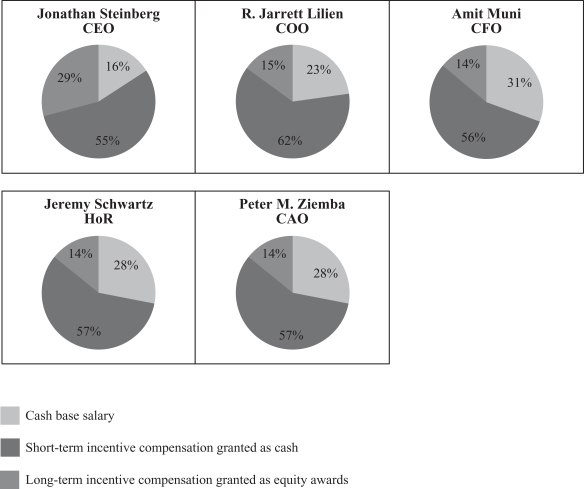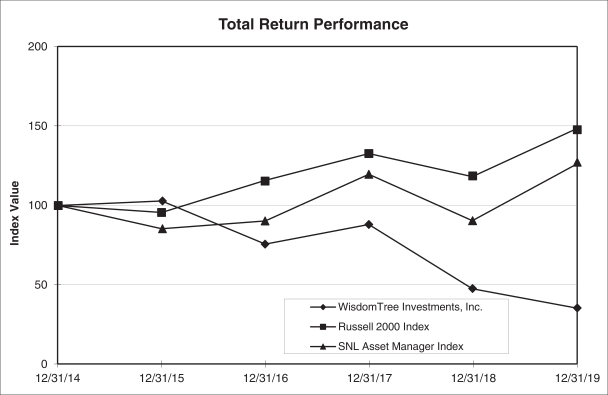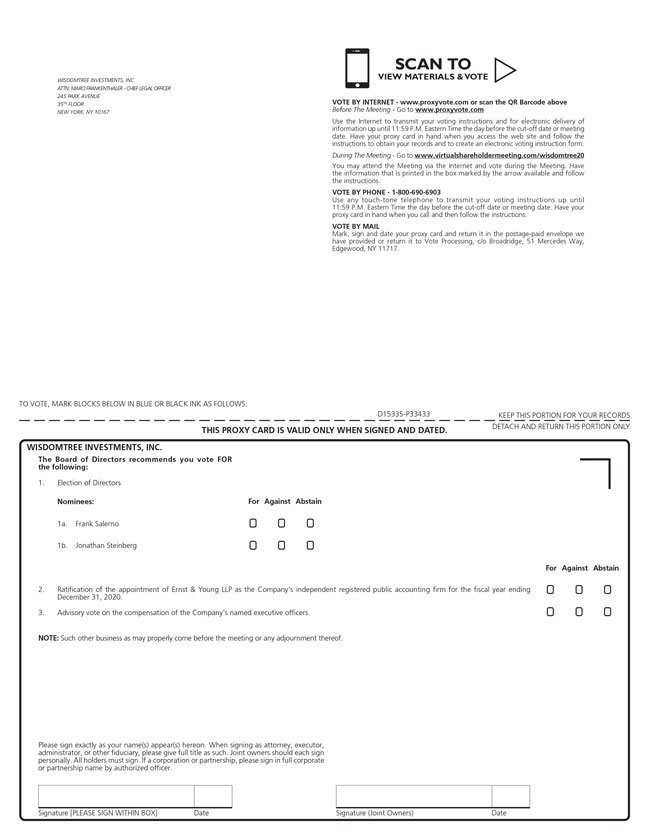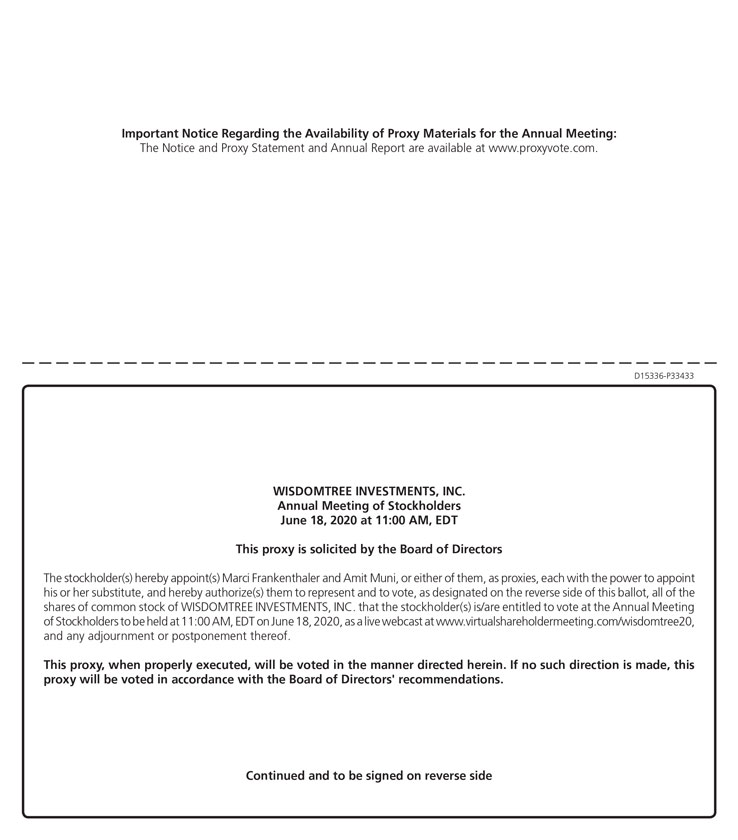to our Board of Directors with respect to directors’ compensation. The Compensation Committee also works with management to annually review and reassess the adequacy of its charter,
proposing changes as necessary to our Board of Directors for approval.
Our management and executive officers play a critical and
important role in setting or recommending compensation levels throughout our organization. Our CEO makes incentive compensation recommendations to the Compensation Committee for the executive officers other than the CEO. In considering the
CEO’s recommendations, the Compensation Committee evaluates results measured by the performance measures, goals and objectives of our compensation programs as well as qualitative factors to ensure that compensation is fair, reasonable,
competitive and consistent with our compensation philosophies and objectives.
Our COO, CFO and CAO work with the Compensation Committee
to design and develop compensation programs applicable to all our employees, including recommending changes to existing compensation programs and operational performance targets, preparing analyses of Company financial or operational data or other
Compensation Committee briefing materials, analyzing industry data, and, ultimately, implementing the decisions of the Compensation Committee.
Use
of Compensation Consultant
The Compensation Committee has retained Frederic W. Cook & Co., a compensation consultant, to
provide objective advice on the pay practices, compensation plan design and the competitive landscape for compensation. The compensation consultant also reviews and makes recommendations for the selection process and pay information used for market
compensation benchmarking discussed below. WisdomTree pays the cost for Frederic W. Cook & Co.’s services. However, the Compensation Committee retains the sole authority to direct, terminate or continue Frederic W. Cook &
Co.’s services. The Compensation Committee has confirmed the independence of Frederic W. Cook & Co. in accordance with SEC and Nasdaq rules and has determined that their work has not raised any conflicts of interest.
Market Compensation Benchmarking
The Compensation Committee monitors relevant market and industry statistics on executive compensation as one of several factors it considers in
determining compensation of our executive officers. In making compensation decisions, the Compensation Committee reviews:
Industry
surveys – McLagan Partners, Inc., a compensation consulting firm for the financial services industry, prepares annual comprehensive compensation surveys for the asset management industry. These surveys consist of consolidated compensation
information of publicly traded and private asset management firms.
Industry peers – Publicly disclosed pay information for
certain publicly traded asset management firms that are generally similar in size, market capitalization, product offering or financial metrics as WisdomTree.
The Compensation Committee uses this information to inform compensation decisions and to understand evolving pay trends at asset managers;
however, the Compensation Committee recognizes that there are inherent limitations on the comparability and usefulness of the market data, including time lags, differences in scope of responsibilities, geographic differences and other factors. While
the Compensation Committee believes such comparative information is useful, such data is intended solely to serve as a reference point to assist the Compensation Committee in its discussions and deliberations.
The Compensation Committee, working with its compensation consultant, reviews the appropriateness of the companies included in the industry
peer group twice a year – first, at the beginning of the year, when determining the target pool, and second, at the end of the year, when determining year end compensation. The Compensation Committee will adjust the peer group based on metric
changes of the peer group average relative
28

















